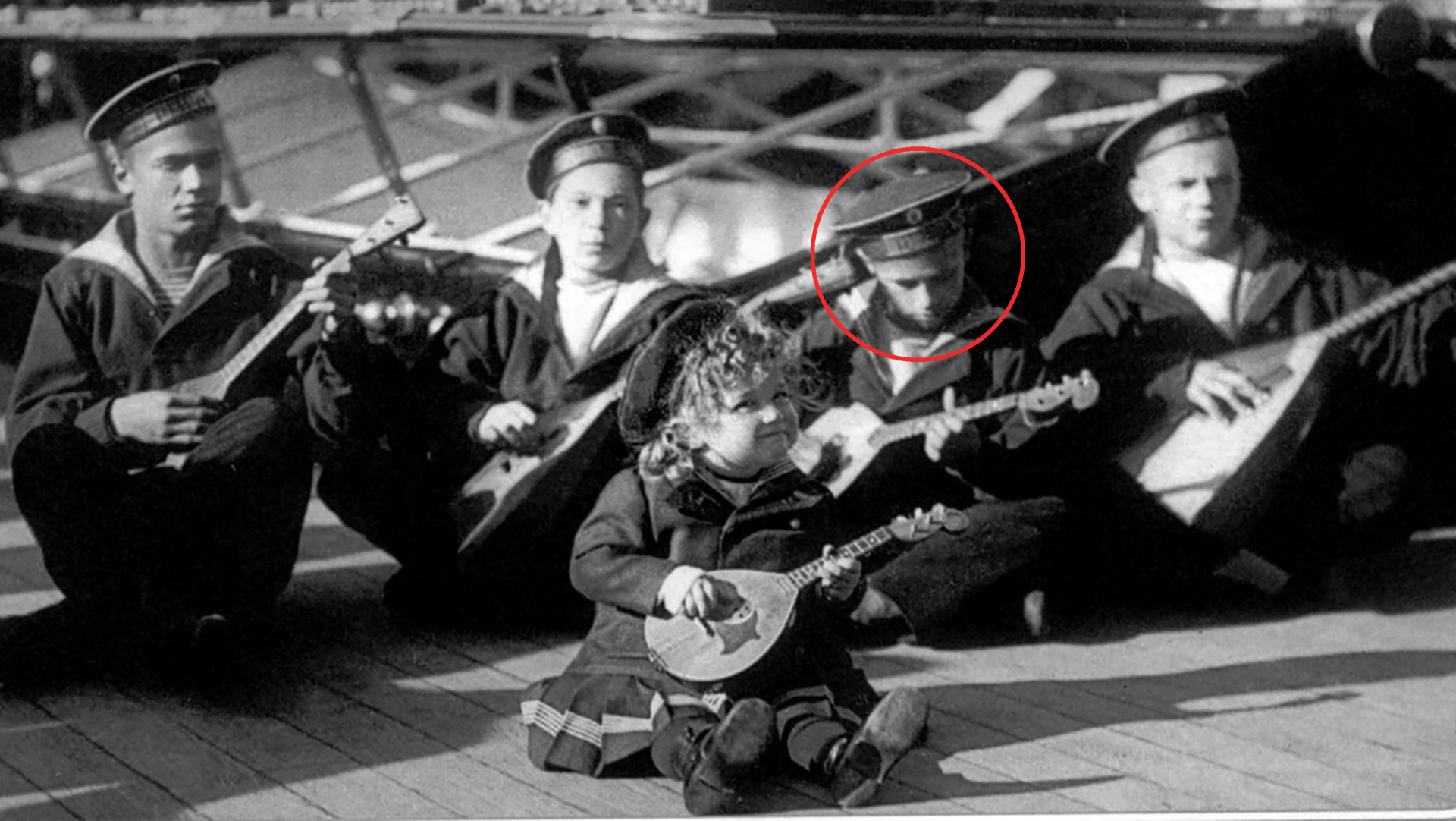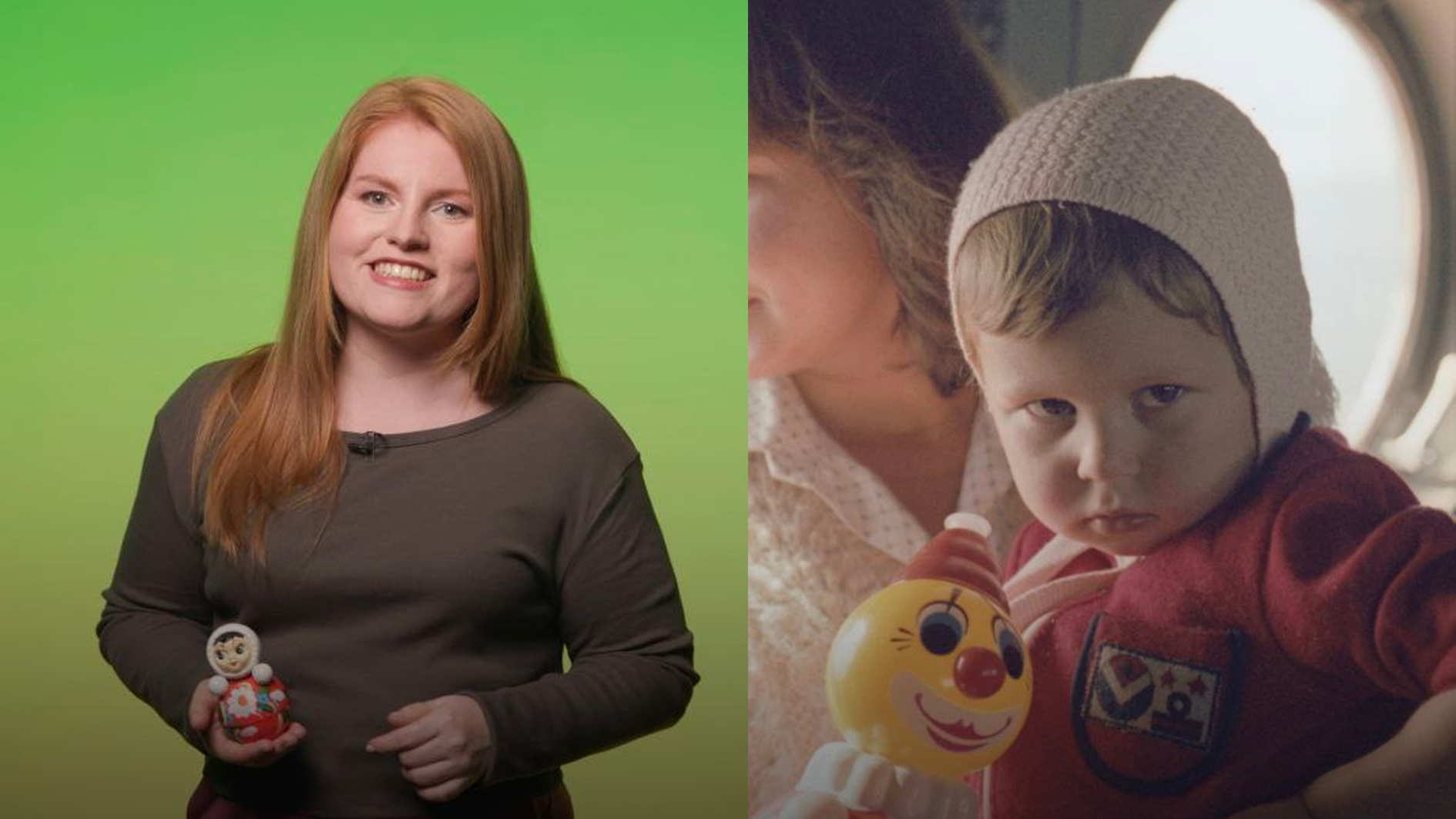
10 most popular catchphrases from Soviet films

1. "I demand that the banquet continue!"
This line from the film “Ivan Vasilyevich Changes His Profession” is delivered by a Soviet citizen who is transported to the Middle Ages via a time machine. There, his regal visage leads him to being mistaken for Tsar Ivan the Terrible. At first the man conducts himself modestly and feels uncomfortable posing as the great Tsar, but his courage grows after he has had a lot to drink.
2. "It's not my fault, he came here of his own accord!"
The scene in “The Diamond Arm” in which actress Svetlana Svetlichnaya's bra strap breaks is regarded as arguably the first erotic scene in Soviet cinema. In fact, the character she plays is deliberately trying to get an exemplary Soviet family man drunk in order to seduce him.
3. "Stierlitz, would you stay behind please?"
Secret agent Stierlitz has infiltrated the top Nazi leadership in Germany, and he is well nigh the most popular protagonist in all of Soviet cinema. His Nazi boss' utterance "would you stay behind, please?" has a sinister ring in the film: Has he accidentally given himself away, and will be exposed and apprehended?
4. "I'll smash your face in and gouge out your eyes… "
In the cult film “Gentlemen of Fortune” these words are uttered by an ordinary kindergarten teacher who is sent on a special assignment to a prison, where he poses as a crime boss. The words sound intimidating until you realize they’re pronounced with an affected menace by a character who in real life is affable and kindly.
5. "She’s a student, Komsomol member, athlete and, lastly, she is simply beautiful!"
After the release of the film “Prisoner of the Caucasus, or Shurik's New Adventures” this phrase became the most flattering way of describing a Soviet girl. In fact, it remains this way today. Admittedly, it's often shortened to "Student, Komsomol member, athlete and simply beautiful."
6. "How disgusting is your fish in aspic!"
This line from the New Year’s film “The Irony of Fate, or Enjoy Your Bath!” is uttered by a very well-mannered person who doesn't normally allow himself such liberties. Who would venture to tell a hostess over dinner that she's cooked something disgusting?! But in a fit of jealousy towards his fiancée, he has had too much to drink and berates her culinary abilities.
7. "Mulya, don't get on my nerves"
The brilliant actress Faina Ranevskaya was famous for her aphorisms and stories from real life. This line from the film “The Foundling”, which her character directs at her husband, has truly become a widespread meme. Now, to avoid an argument with one's other half and try to settle the matter, one can simply growl: "Mulya, don't get on my nerves!"
8. "Don't teach me how to live my life, better help me financially"
The female protagonist of the Oscar-winning film “Moscow Does Not Believe in Tears” lives according to the whims of her heart, not the rules of social decorum. She dreams of finding life's winning ‘lottery ticket’, and so she tells endless lies, pretending to be a professor's daughter one moment, and then later, someone else in order to gain people’s favor. Her hope is to meet a rich man who has excellent future career prospects, but when she is chided for her fecklessness, she makes this remark without the least sign of embarrassment.
9. "Semyon Semyonych… "
This line from the comedy “The Diamond Arm” signifies disappointment and is equivalent to saying — "What's the matter with you?!" When someone forgets something important or does something self-evidently foolish, you can pronounce it in a drawn-out manner: "Semyoon Semyooonych".
10. "Perhaps you want the key to the flat where the money is as well?"
The phrase — "the key to the flat where the money is" — is a synonym for an incredible unexpected stroke of luck and good fortune. If such a key were to be found, it would really be something to shout about – like finding money just lying around. The mocking line is delivered by the con man Ostap Bender in the film “The Twelve Chairs” when a street urchin asks him for money. At that moment, the two of them are in an absolutely equal material predicament.












